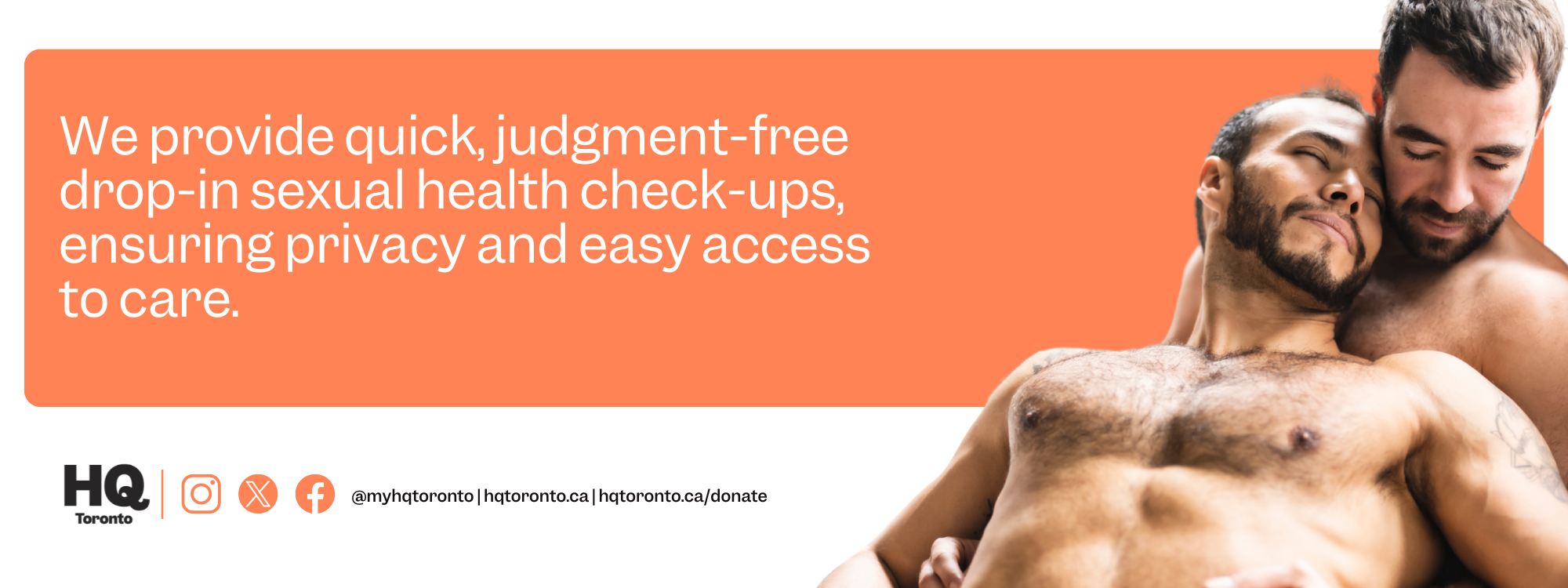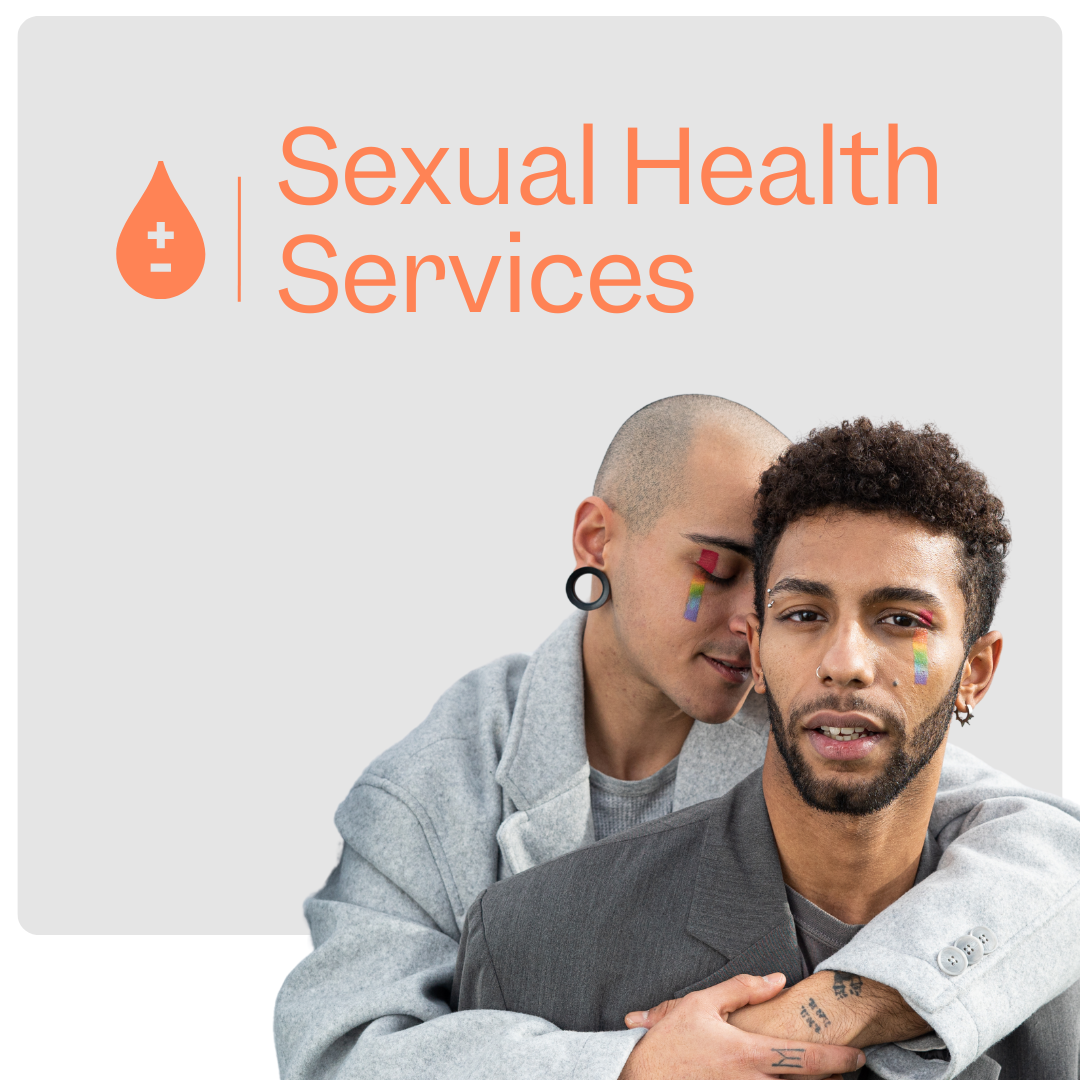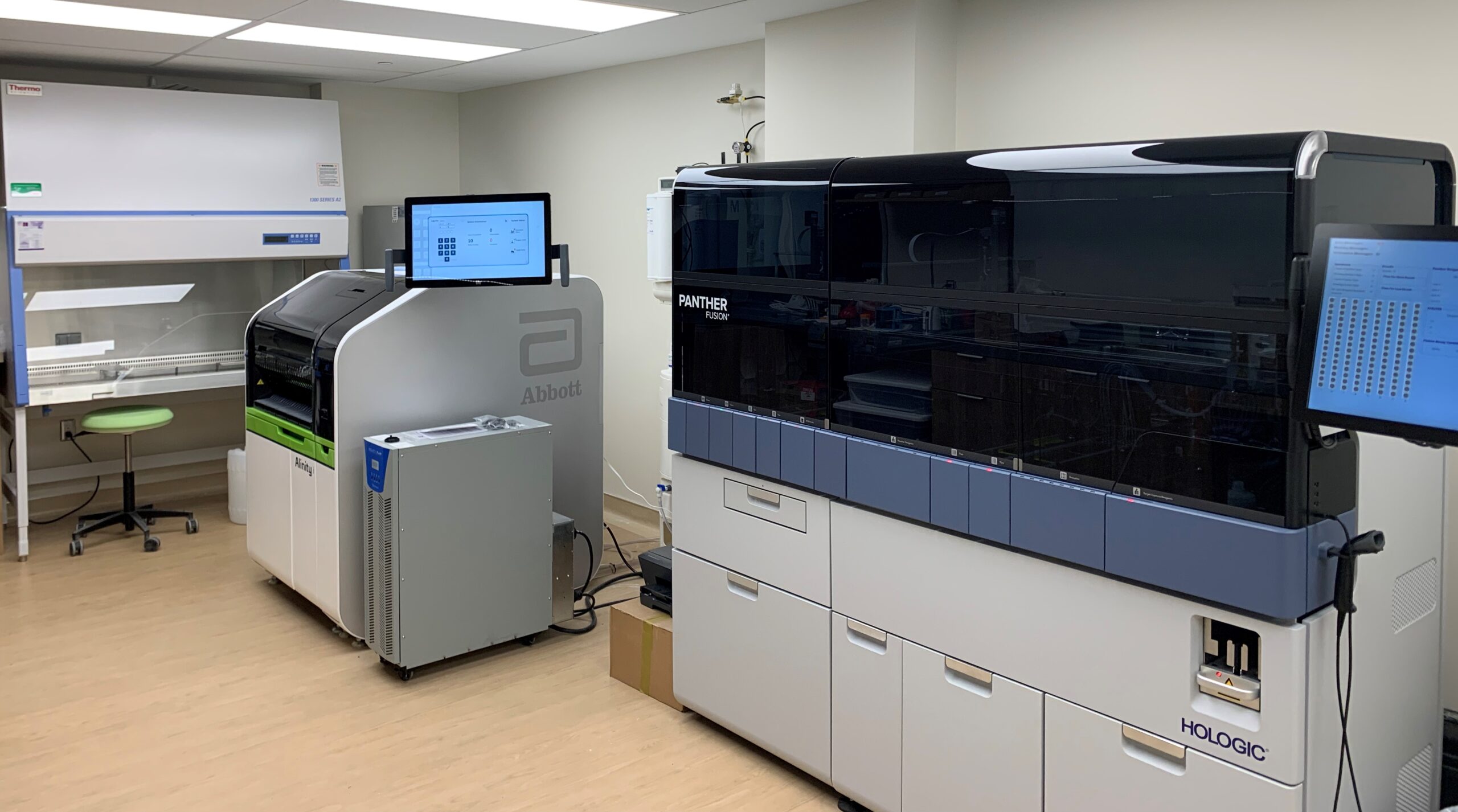
At HQ, we provide comprehensive prevention, testing, and treatment services for sexually transmitted and blood-borne infections (STBBIs) including chlamydia, gonorrhea, syphilis, and HIV. We also offer anal-cancer screening and specialized services like HIV risk and PrEP assessments. Immediate access to HIV prevention tools like PrEP and PEP is available for those who need them.
CANFAR Express Testing Laboratory
Commonly asked questions- Sexual Health

HQ offers fast access to comprehensive sexual health services, including prevention, testing, and treatment, ensuring timely and confidential care.



